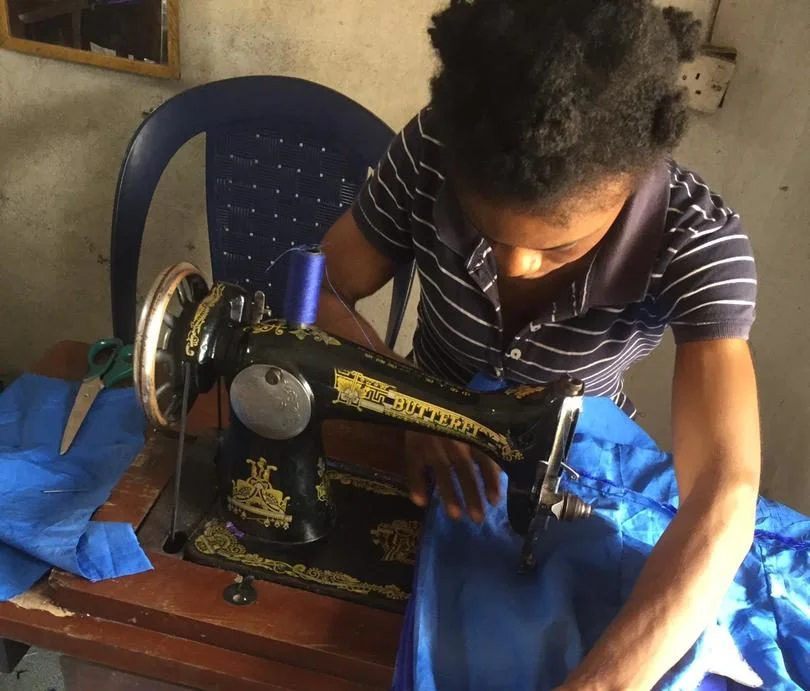The Dilemma of Aspiring Designers
For aspiring fashion designers in Ghana, the question of where to learn the craft is a common hurdle. With dreams of creating stunning designs, many face the challenge of finding accessible, high-quality training. Options like elite fashion schools on Lagos Island may be too distant or expensive, pushing beginners toward local roadside tailors, only to encounter limitations in their learning journey.
The Roadside Tailor Experience
Roadside tailor shops, while skilled, often prioritize business over education. A beginner might spend months on menial tasks, like fetching fabric or sweeping, without touching a sewing machine. Learning is limited to customer orders, meaning exposure to complex designs like wedding dresses or bustiers depends on chance. Some apprentices, even after years, remain confined to basic styles, stunting their growth in the competitive fashion industry.
Why Fashion Schools Excel
Fashion schools offer a structured syllabus, ensuring comprehensive training in sewing techniques, pattern-making, and design principles without relying on customer demands. Students progress step-by-step, building a strong foundation to design independently. In 2020, Ghana’s fashion industry, valued at over GHS 1 billion, increasingly favors formally trained designers, with institutions like Joyce Ababio College of Creative Design in Accra emphasizing disciplined, hands-on learning.
The Role of Tailor Shops
While unsuitable for beginners, roadside tailor shops shine as internship hubs for those with foundational skills. They provide real-world experience in client interactions, dress construction techniques, and adapting to diverse styles. This practical exposure complements formal education, bridging the gap between theory and industry demands.
Affordable Learning Options
Financial barriers shouldn’t deter aspiring designers. Affordable fashion schools in Ghana, such as Radford University College’s fashion program, offer structured courses starting at GHS 5,000 per semester. For those unable to afford formal schooling, short online courses—available on platforms like Udemy for as low as $20—can supplement basic training. Combining these with internships at local tailor shops can build a robust skill set.
Path to Success
The key is to start with a solid foundation at a fashion school or through structured training, then gain practical experience at a tailor shop. This approach avoids “putting the cart before the horse,” ensuring aspiring designers develop both technical skills and industry savvy to thrive in Ghana’s vibrant fashion scene.






